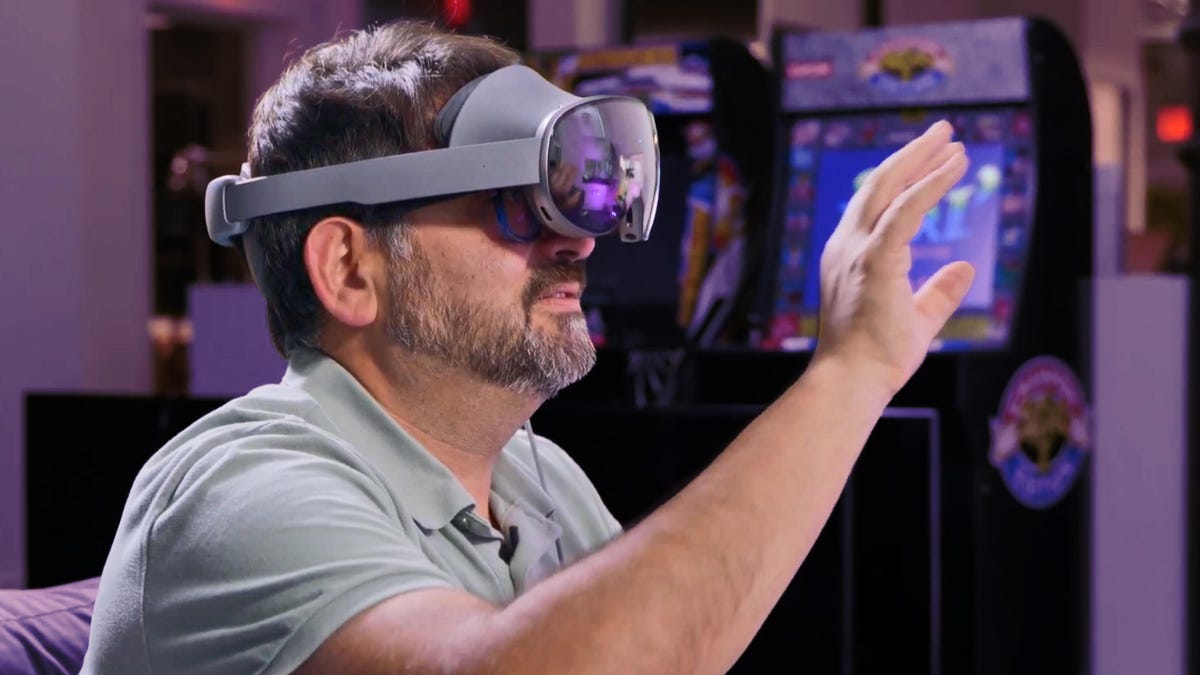With the Samsung Galaxy XR on my head, it looks somewhere between a Meta Quest and Apple’s Vision Pro. It’s big, weird and definitely not something I’d wear outside. But this expensive new mixed reality headset, a partnership between tech giants…

With the Samsung Galaxy XR on my head, it looks somewhere between a Meta Quest and Apple’s Vision Pro. It’s big, weird and definitely not something I’d wear outside. But this expensive new mixed reality headset, a partnership between tech giants…